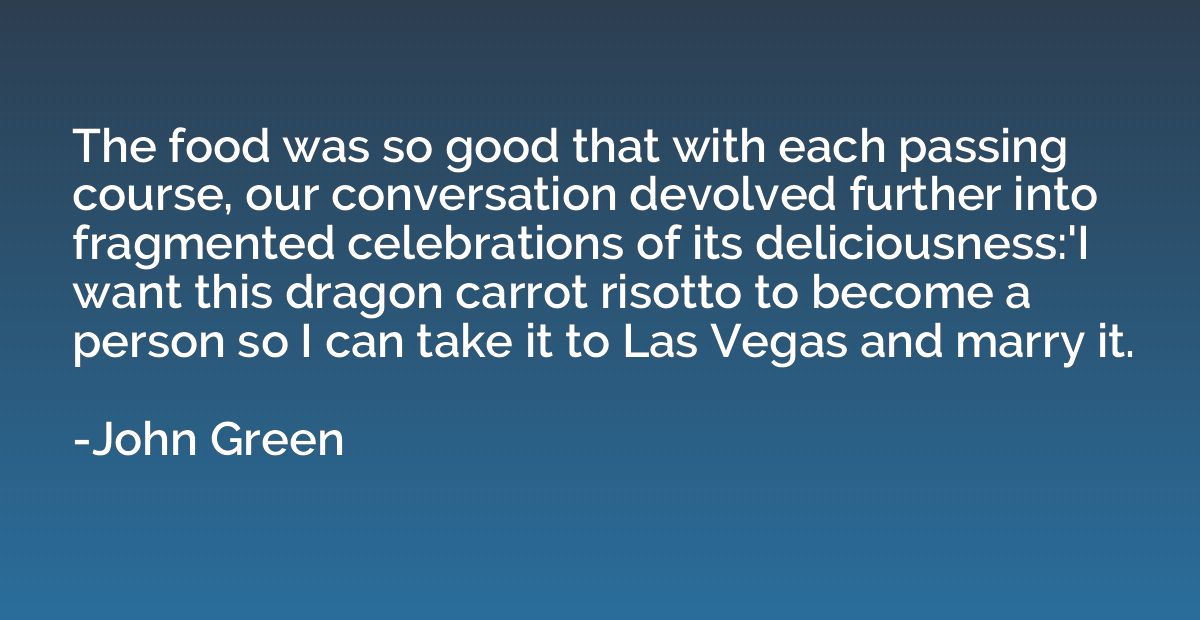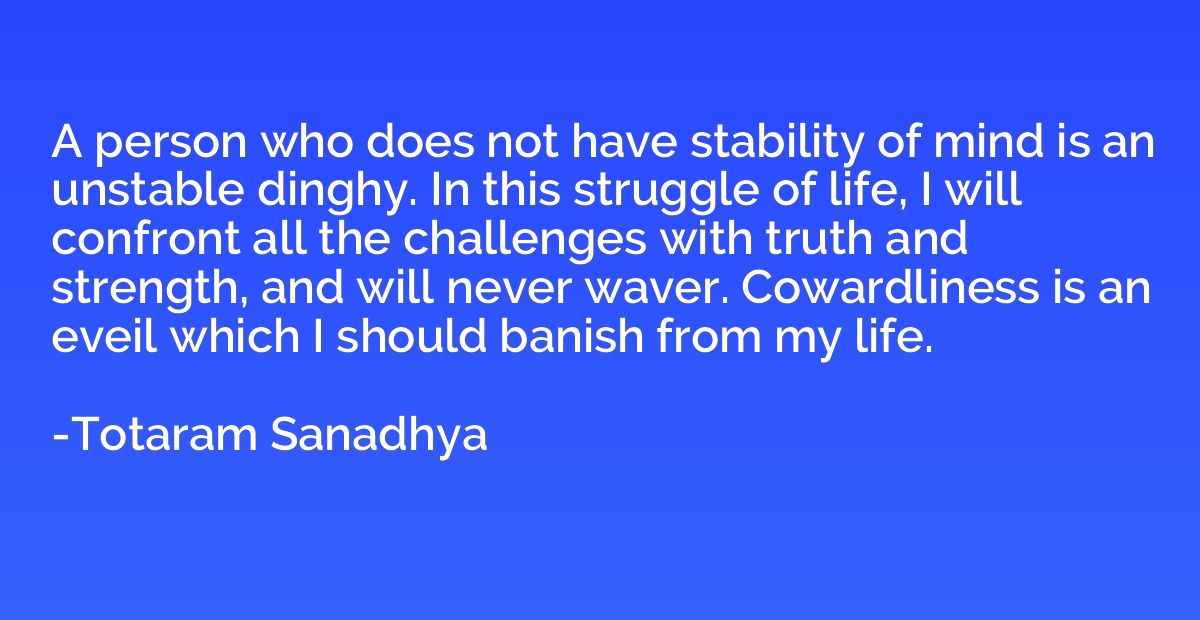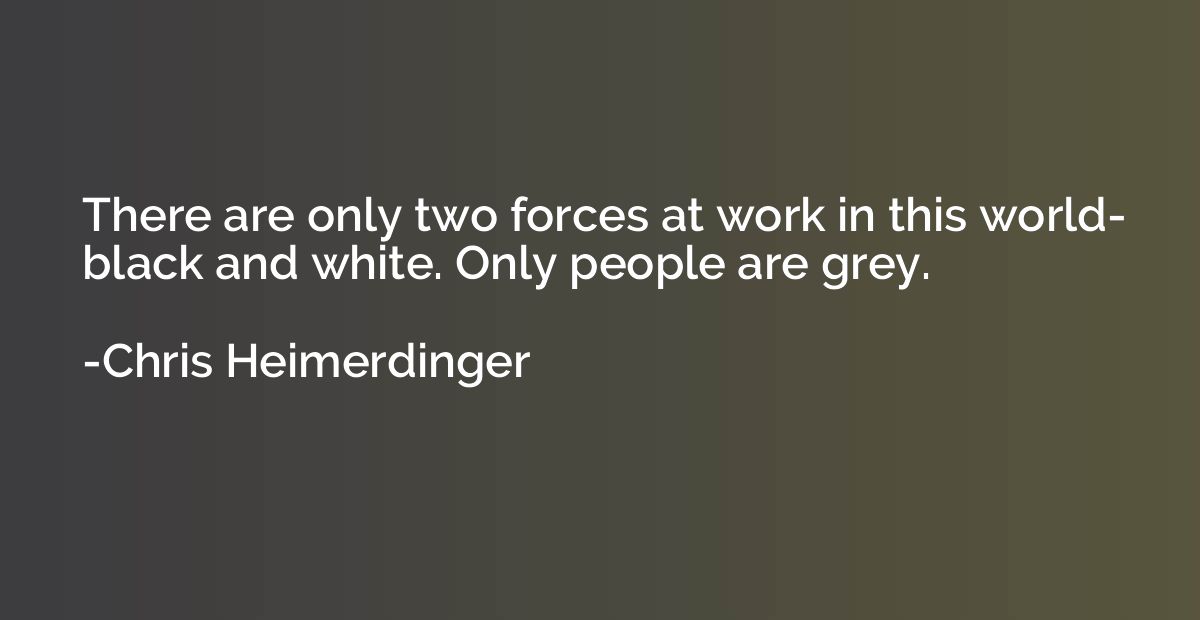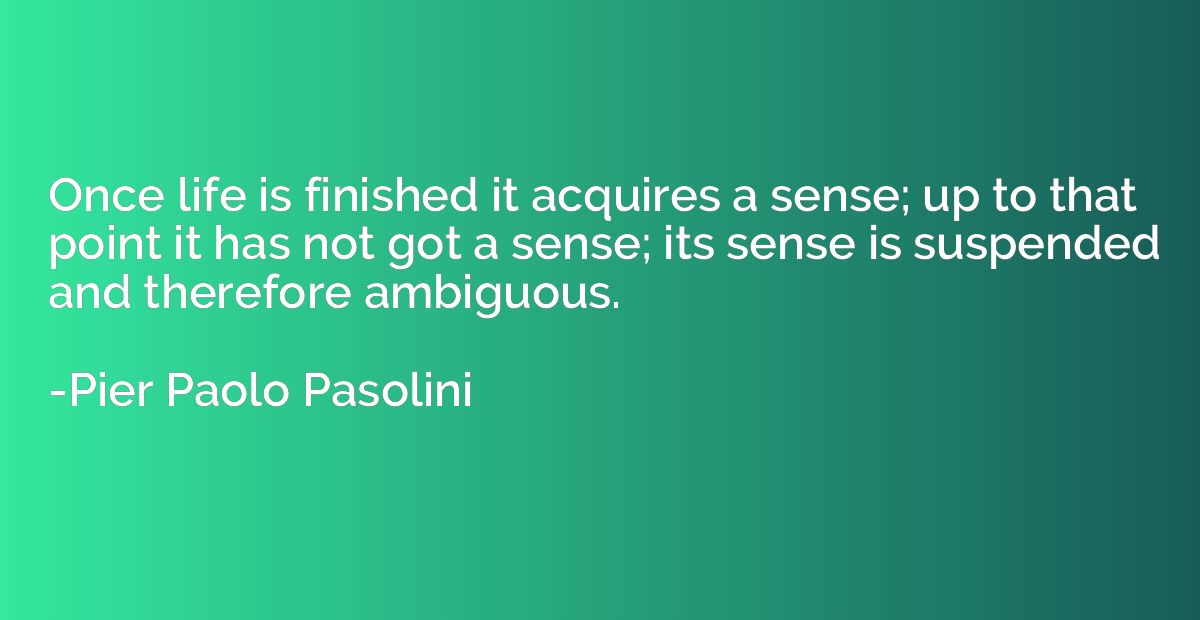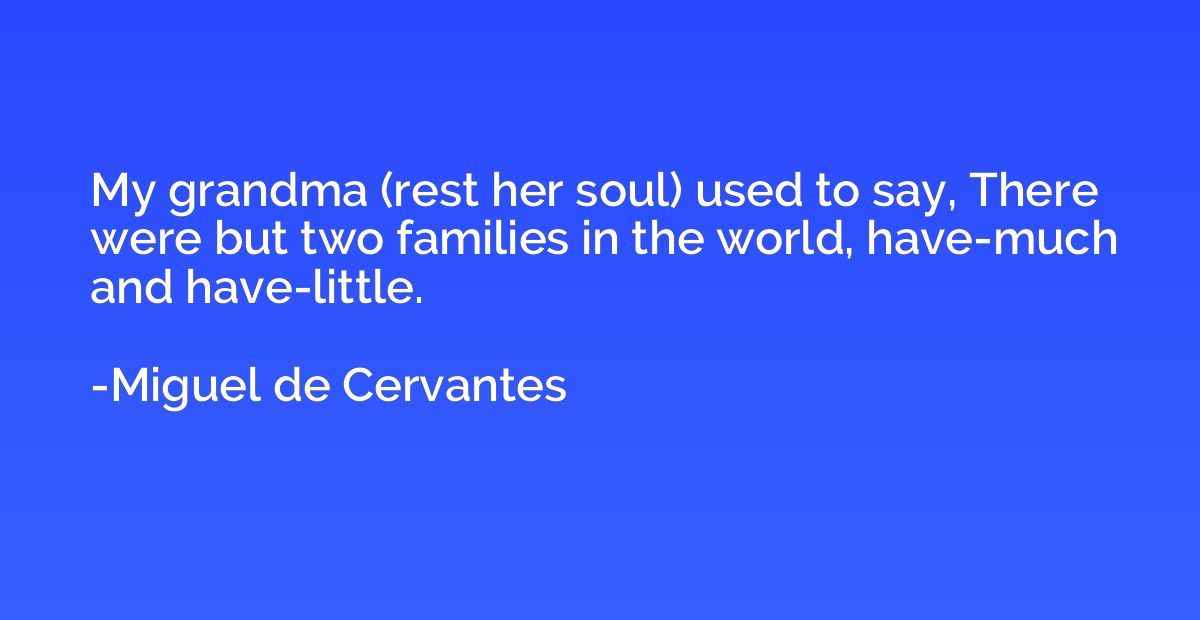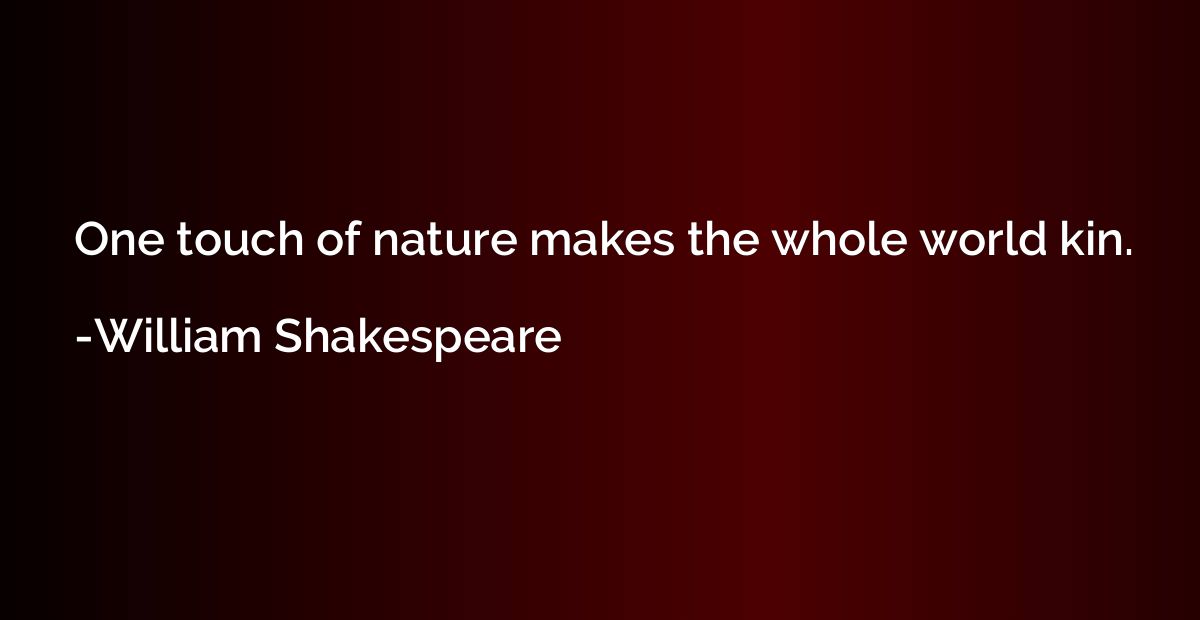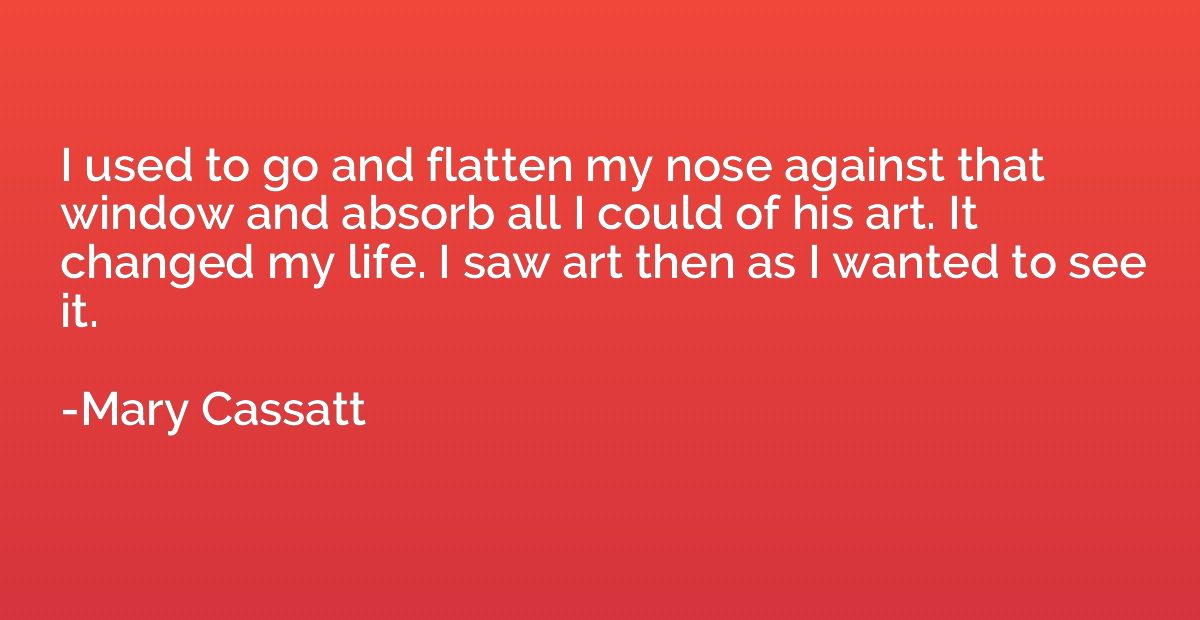Quote by David Hare
The poetry from the eighteenth century was prose the prose from the seventeenth century was poetry.
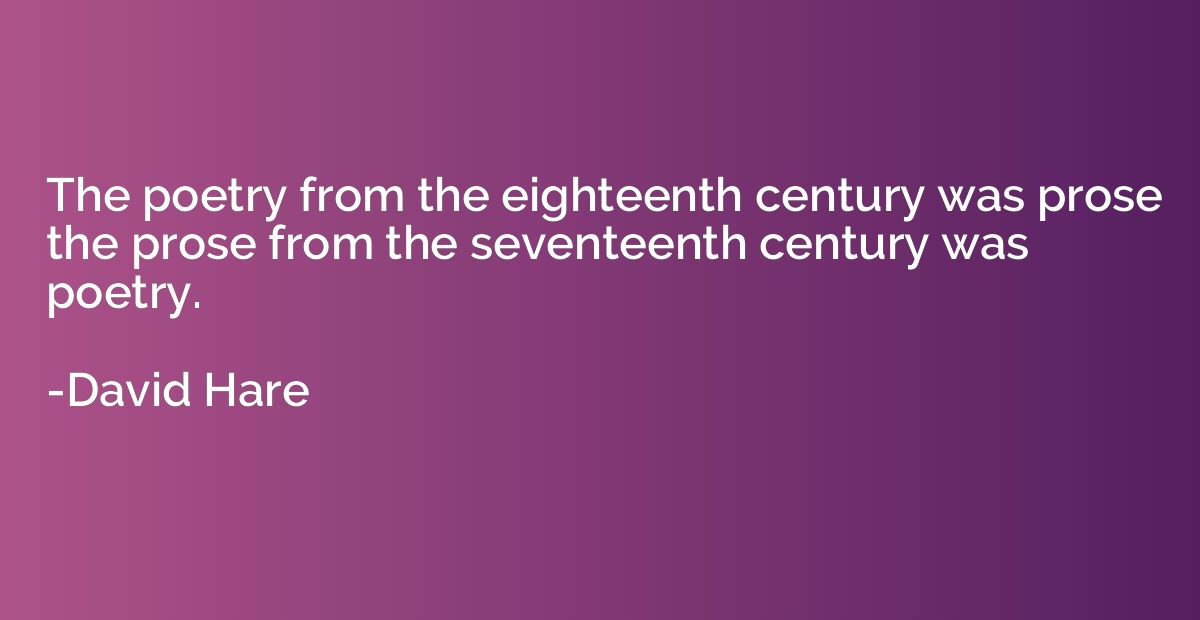
Summary
This quote suggests a reversal of literary genres between the seventeenth and eighteenth centuries. It highlights the shift from poetic styles dominating the prose writing of the seventeenth century to the emergence of more prose-like attributes in the poetry of the eighteenth century. This statement implies that during this period, poets began adopting a more straightforward and less ornamental writing style, while prose writers explored more expressive and imaginative language. This observation highlights the evolving nature of literary conventions and the changing trends in artistic expression.
By David Hare





